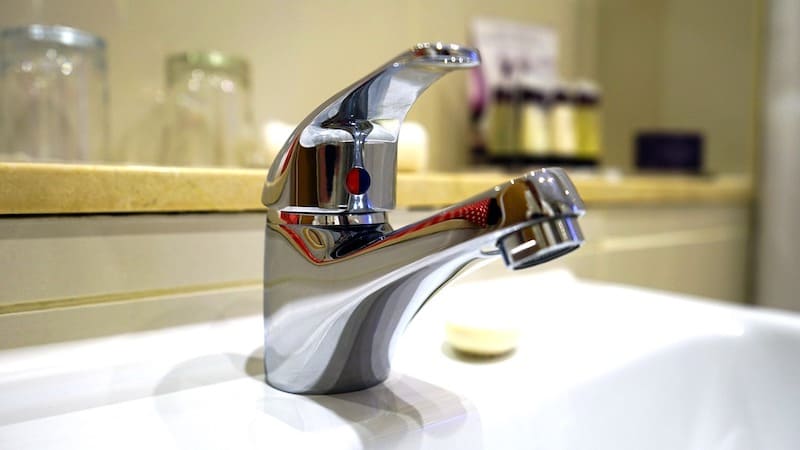When your home’s plumbing system is working as it should, you don’t even realize it exists. The efficiency and convenience it brings to routine tasks can easily be taken for granted. However, when your plumbing acts up, you can be faced with a monumental crisis that, in the worst case, could make your home uninhabitable.

By the time a plumbing issue is in the emergency phase, it’s likely to be more expensive to repair than it otherwise would. Yet, plumbing emergencies hardly occur out of the blue. They are often the culmination of months or years of neglect and presumption. The following tips will help you nip plumbing problems in the bud before they spiral out of control.
1. Look Out for Any Leaks
Contents
Regularly inspect your fixtures and keep an eye on any unexpected spike in your water bill. No matter how insignificant a leak may seem on the face of it, don’t ignore or delay fixing it. A small leak may feel inconsequential but think about the potential impact on your bill of having multiple small leaks across your home.
In addition, the leak could further corrode the gap or hole in the fixture and progressively grow into a jet of water. Note that the signs of the leak won’t always be in the form of a steady drip. You’ll get a much earlier warning if you look for signs of moisture accumulation such as peeling paint, stained walls, musty odors, or a fixture that rocks in place.
2. Treat Your Toilet Well
Don’t toss in anything into your toilet bowl that isn’t toilet paper. And even with toilet paper, don’t throw in tons of it at one go especially if the toilet has had flow problems in the past. Under no circumstances should you flush pieces of clothes (no matter how tiny), leftover food, newspapers, diapers, wet wipes, sanitary pads, tampons, condoms, or dirt gathered by the vacuum cleaner.
While pouring liquid oil (cooking, automotive, or beauty oil) may seem harmless, think about the grease the oil could create within your pipes. Also, such oil may solidify during cold weather and narrow the pipe’s throughput.
Though these objects and liquids may successfully exit your home’s drainage system, it poses a threat to the wider public sewerage system.
3. Be Kind to Your Kitchen Sink
Keep the kitchen sink free of debris. Some items are an obvious danger to your sink’s drainage. These include plastic, metal, bones, corn husks, celery stalks, and pineapple peels. They are even difficult to force down the drain. But your kitchen’s plumbing is in greater danger from the softer-looking items.
Cooked rice and pasta, for instance, may feel soft, and you may have no qualms about pouring it into the sink. However, they are starchy and can easily clog up your pipes over time. Form a habit of getting rid of any solid food and non-food item before you place the dishes in the sink. Use a sink strainer to keep away whatever substance is left from washing down the drain.
4. Don’t Use Harsh Chemicals to Unclog Your Drains
There are plenty of DIY sites on the web that detail how you can clear a clogged sink drain. They’ll often recommend pouring one or more chemicals down the drain. Whereas these tips do work since they end up dislodging or dissolving the clogging in the pipes, they can corrode your water pipes thus creating a bigger problem in the long-term.
Instead, use a plunger to get rid of minor blockages but consult a professional plumber Inner West when you are grappling with more severe blockages.
5. Drain the Water Heater Tank Once a Year
As a reservoir of water and thanks to the corrosive power of heated water, the water tank can slowly accumulate significant quantities of sediment. This forces the heater to work harder than it otherwise should to realize and maintain the temperature of the water in the tank.
At least once a year, completely drain the water in the tank to remove the sediment that may have collected at its bottom. Make sure you shut off the gas or electricity supply before you commence this process.
Plumbing emergencies can leave you questioning your very sanity. You can save yourself the headache by applying these tips to help you tackle the issues early.